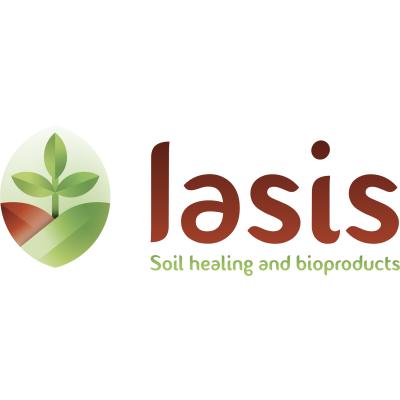
IASIS
Curing contaminated and saline land with Industrial crops and producing biomass for high-value applications

Curing contaminated and saline land with Industrial crops and producing biomass for high-value applications
IASIS aims to provide solutions for curing both contaminated and saline land through phytomanagement. The project’s team will cultivate eight high-yielding non-food crops on the affected land as biomass feedstock for the development of bio-based products. This cascading biorefinery approach will create economically viable value chains and generate additional income sources for the involved farmers. Optimised crops and phytomanagement strategies will be tested in labs and field studies across eight European sites. The project will develop 10 intermediate and 10 end-products from oilseed and lignocellulosic crops. Sustainability and feasibility assessments will identify the best biomass-to-product pathways, supported by a Decision Support System and applicable business models.
To achieve its purpose of using industrial crops to treat contaminated and salt-affected soils, IASIS has the following objectives:
IASIS expects to have impacts at scientific, economic, and societal levels, namely: